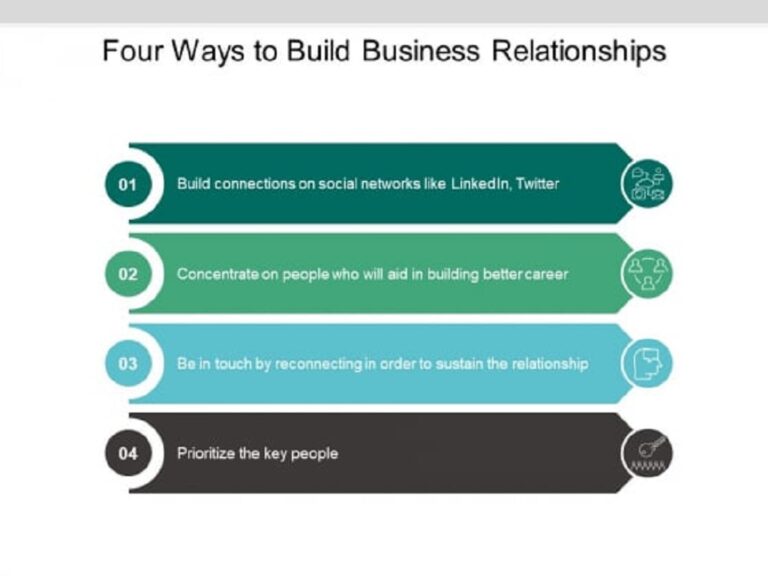Contracts play a crucial role in various aspects of our lives, whether we realize it or not. From simple everyday transactions to complex business deals, contracts are the foundation that ensures mutual understanding and legal protection for all parties involved. In this article, we will explore the numerous benefits of contracts and why they are essential in both personal and professional scenarios. This article is provided by buzzymoment.com
Understanding Contracts and Their Purpose
Before diving into the benefits, let’s first grasp the concept of contracts. A contract is a legally binding agreement between two or more parties outlining their rights, responsibilities, and obligations. It provides clarity and structure to any transaction, minimizing potential misunderstandings and disputes.
Establishing Clear Terms and Expectations
One of the primary benefits of contracts is that they establish clear terms and expectations. When all parties involved have a written agreement that outlines what is expected of each party, it reduces the chances of miscommunication. Each party knows precisely what they are required to do, creating a smoother and more efficient process. Let’s discover if should you be home when contractors are working.
Legal Protection and Enforcement
Contracts provide legal protection for all parties involved. In case of any breach of the agreement, the injured party can seek legal recourse and enforce the terms outlined in the contract. This legal backing encourages parties to fulfill their obligations, ensuring accountability.
Setting the Scope and Boundaries
Whether in business partnerships or personal agreements, contracts help set the scope and boundaries of the arrangement. This prevents any party from overstepping their authority or acting outside the agreed-upon limits.
Building Trust and Credibility
Contracts contribute to building trust and credibility among parties. When everyone knows that the agreement is legally binding, it fosters a sense of security and confidence in the relationship. Trust is the foundation of successful partnerships, and contracts reinforce that trust.
Providing a Reference Point
In complex projects or long-term partnerships, contracts serve as a reference point for all parties involved. If there is any confusion or disagreement during the course of the agreement, the contract can be revisited to clarify the original intentions.
Outlining Payment Terms
Financial aspects are critical in most agreements, and contracts explicitly outline payment terms. This helps avoid payment disputes and delays, enabling a smoother flow of transactions.
Protecting Intellectual Property
In professional relationships involving the exchange of intellectual property, contracts play a vital role. They safeguard the ownership rights of creators and outline the permitted use of such assets.
Mitigating Risks
Risk mitigation is essential in any deal, and contracts allow parties to address potential risks and plan for unforeseen circumstances. This helps in making informed decisions and reduces the likelihood of losses.
Encouraging Compliance
Knowing that the agreement is legally binding encourages all parties to comply with the terms and conditions. This reduces the chances of disagreements and enhances cooperation.
Resolving Disputes Amicably
In the unfortunate event of a dispute, contracts often include dispute resolution mechanisms. These methods, such as mediation or arbitration, help parties resolve conflicts amicably without resorting to expensive and time-consuming legal battles.
Facilitating Business Growth
Contracts are essential for business growth. They provide a framework for partnerships and collaborations, allowing businesses to expand their reach and capabilities.
Promoting Professionalism
Having a well-drafted contract in place demonstrates professionalism and seriousness in any undertaking. It shows that all parties involved are committed to fulfilling their obligations.
Enabling Future Planning
Contracts can be designed with long-term goals in mind. They allow parties to plan for the future and work towards mutual success.
Strengthening Relationships
Ultimately, contracts contribute to the strengthening of relationships between parties. When each party knows that their interests are protected, it fosters goodwill and cooperation.
In conclusion, contracts are much more than mere pieces of paper with signatures; they form the backbone of successful interactions. From providing legal protection to promoting trust and professionalism, contracts offer an array of benefits. Whether in business or personal matters, having a well-structured and clear contract is vital for ensuring smooth operations and harmonious relationships.
FAQs
Q: Can a contract be verbal?
A: In some cases, verbal contracts may be considered legally binding, but it is always better to have written contracts for clarity and enforceability.
Q: What happens if one party breaches the contract?
A: If one party breaches the contract, the other party can seek legal remedies, such as compensation for damages or specific performance.
Q: Are contracts only necessary for large businesses?
A: No, contracts are essential for any type of transaction, regardless of the size of the business or the parties involved.
Q: Can contracts be modified after they are signed?
A: Yes, contracts can be modified through mutual agreement between the parties involved. Any changes should be documented in writing.
Q: Are online agreements and terms of service considered contracts?
A: Yes, online agreements and terms of service are considered contracts, and users are bound by their terms upon acceptance.


